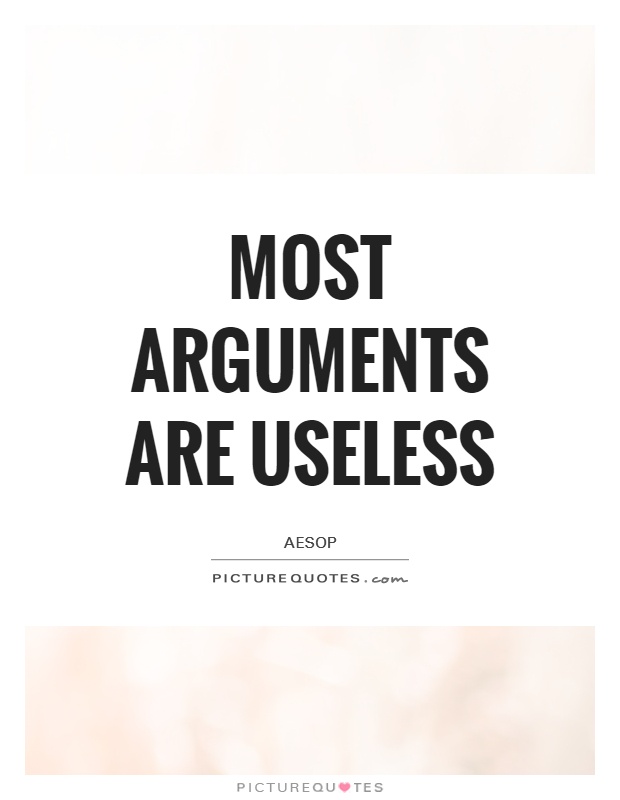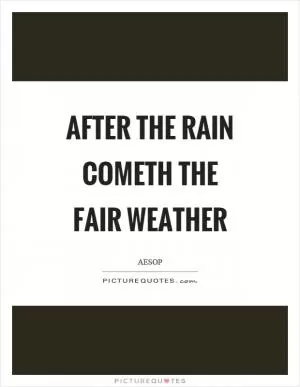Most arguments are useless

Most arguments are useless
In the context of Aesop's fables, the idea that most arguments are useless is a recurring theme that is often explored through the various animal characters and moral lessons presented in his stories. Aesop's fables are known for their simple yet profound messages that teach valuable life lessons through the actions and interactions of animals.One of the most famous fables that illustrates the futility of arguments is "The Wind and the Sun." In this story, the Wind and the Sun have an argument over who is stronger. They decide to settle their dispute by seeing who can make a traveler take off his coat first. The Wind blows fiercely, trying to force the traveler to remove his coat, but the harder it blows, the tighter the traveler holds onto his coat. In the end, the Sun shines warmly on the traveler, who willingly takes off his coat to enjoy the pleasant weather.
This fable teaches us that kindness and gentleness are often more effective than force and aggression. Arguments and conflicts can often escalate when both parties are stubborn and unwilling to listen to each other's perspectives. By approaching situations with empathy and understanding, we can often find common ground and resolve conflicts more peacefully.
Another fable that highlights the uselessness of arguments is "The Lion and the Mouse." In this story, a mighty lion spares a tiny mouse's life, and later the mouse repays the favor by freeing the lion from a hunter's trap. This fable teaches us that even the smallest creatures can have a significant impact and that acts of kindness and compassion can go a long way in building relationships and resolving conflicts.
Overall, Aesop's fables remind us that most arguments are useless because they often stem from pride, ego, and a lack of understanding. By approaching conflicts with humility, empathy, and a willingness to listen, we can often find peaceful resolutions and build stronger relationships with others.












 Friendship Quotes
Friendship Quotes Love Quotes
Love Quotes Life Quotes
Life Quotes Funny Quotes
Funny Quotes Motivational Quotes
Motivational Quotes Inspirational Quotes
Inspirational Quotes